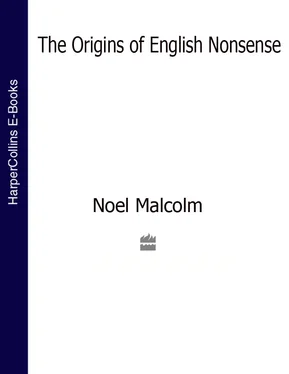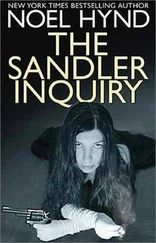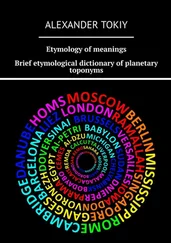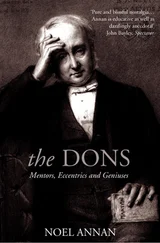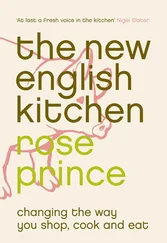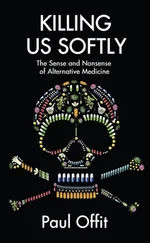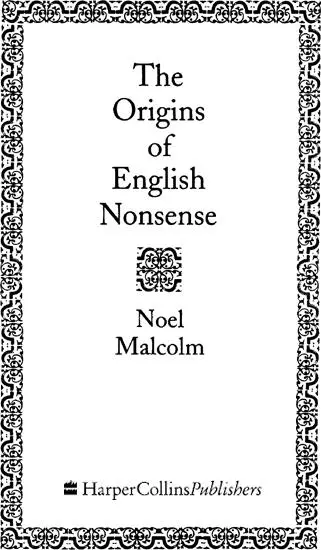
COPYRIGHT
Fontana Press
An Imprint of HarperCollins Publishers,
1 London Bridge Street
London SE1 9GF
Published by Fontana Press 1998
First published by HarperCollins Publishers 1997
Copyright C Noel Malcolm 1997
Noel Malcolm asserts the moral right to be identified as the author of this work.
Source ISBN: 9780006388449
Ebook Edition © MARCH 2016 ISBN: 9780007483099
Version: 2016-03-22
All rights reserved under International and Pan-American Copyright Conventions. By payment of the required fees, you have been granted the nonexclusive, nontransferable right to access and read the text of this e-book on-screen. No part of this text may be reproduced, transmitted, downloaded, decompiled, reverse-engineered, or stored in or introduced into any information storage and retrieval system, in any form or by any means, whether electronic or mechanical, now known or hereafter invented, without the express written permission of HarperCollins e-books.
HarperCollinsPublishers has made every reasonable effort to ensure that any picture content and written content in this ebook has been included or removed in accordance with the contractual and technological constraints in operation at the time of publication .
PRAISE
From the reviews of The Origins of English Nonsense :
‘In this most original study, Noel Malcolm has discovered the first stirrings of English nonsense … it is a work of some wit, and itself tends towards parody of more solemn studies. Malcolm’s book has all the elaborate paraphernalia of scholarship, complete with learned footnotes and a lengthy bibliography designed to promote the cause of nonsense. This book is as rare, then as hedgehog’s feathers or baskets of water.’
PETER ACKROYD, The Times
‘Brilliant scholar, political journalist, an expert both on Bosnia and Thomas Hobbes, Noel Malcolm is a sort of Renaissance man himself: far-ranging in the scope of his learning, rational, elitist, impervious to the claims of political correctness or trendy jargon. His prose has a satirical edge which is a continual intellectual challenge, if not always warmly sympathetic; his quirky facts are extraordinary; and he has produced an elegant, enjoyable book which is a real contribution to literary history.’
JACKIE WULLSCHLAGER, Financial Times
‘Never happier than when he is writing against the grain of received opinion, Noel Malcolm takes full delight in making a coterie cult of poems which more solemn scholars have dismissed as irrelevant doodlings. Malcolm’s immensely erudite introduction, which explains the vogue for nonsense poetry at the turn of the seventeenth-century and traces its origins in Classical and European literature, measures its tone perfectly, managing to sound as serious and at the same time as frivolous as much of the best verse in the anthology … Malcolm’s book is a delight, in which he recovers something genuinely rich and strange about our poetic ancestors. If the best history compels our attention by making the past not more but less familiar, The Origins of English Nonsense succeeds.’
MARK ARCHER, Spectator
DEDICATION
For Euthymia,
and in memory of her father,
John
Estrangement
Se fet mun quer dolent,
Quant me purpens,
Que jo ai gaste mun tens
Sanz rimer de aucun sens
The poet ‘Richard’, in E. M. Stengel (ed.) Codicem manu scriptum Digby 86 in bibliotheca bodleiana asservatum (Halle, 1871), p. 118
Nonsense (when all is said and done) is still nonsense. But the study of nonsense, that is science.
Saul Lieberman, introducing Gershom Scholem’s lectures on the Cabbala: quoted in S. Schama, Landscape and Memory (London, 1995), p. 134
CONTENTS
Cover
Title Page
Copyright
Praise
Dedication
PREFACE
INTRODUCTION
CHAPTER 1
The origins and development of English seventeenth-century nonsense poetry
CHAPTER 2
Fustian, bombast and satire: the stylistic preconditions of English seventeenth-century nonsense poetry
CHAPTER 3
A short history of nonsense poetry in medieval and Renaissance Europe
CHAPTER 4
The sources and resources of nonsense: literary conventions, parodic forms and related genres
POEMS
1 JOHN HOSKYNS, ‘Cabalistical Verses’
2 HENRY PEACHAM, ‘In the Utopian tongue’
3 JOHN SANFORD, ‘Punctures and Junctures of Coryate’
4 JOHN TAYLOR, ‘Cabalistical, or Horse verse’
5 JOHN TAYLOR, ‘Poem in the Utopian Tongue’
6 JOHN TAYLOR, ‘Epitaph in the Barmooda tongue’
7 JOHN TAYLOR, ‘Epitaph on Coryate’
8 JOHN TAYLOR, ‘Certaine Sonnets’
9 JOHN TAYLOR, ‘Barbarian verses’
10 JOHN TAYLOR, ‘Great Jacke-a-Lent’
11 JOHN TAYLOR, ‘Sir Gregory Nonsence His Newes from No Place’
12 MARTIN PARKER, ‘Sir Leonard Lack-wit’s speech to the Emperor of Utopia’
13 RICHARD CORBET, ‘A Non Sequitur’
14 RICHARD CORBET, ‘A mess of non-sense’
15 JOHN TAYLOR, ‘Aqua-Musae’
16 JOHN TAYLOR, ‘Mercurius Nonsensicus’
17 JOHN TAYLOR, ‘The Essence of Nonsence upon Sence’
18 JOHN TAYLOR AND ANON., ‘Non-sense’
19 ANON., ‘Nonsense fragment’
20 ANON., ‘A sonnett to cover my Epistles taile peece’
21 T. W., ‘I am asham’d of Thee, ô Paracelsie’
22 ANON., ‘Pure Nonsence’
23 ANON., ‘Nonsense’
24 T. C., ‘Thou that dwarft’st mountains into molehill sense’
25 JAMES SMITH, ‘Ad Johannuelem Leporem, Lepidissimum, Carmen Heroicum’
26 ANON., ‘A Fancy’
27 ANON., ‘Interrogativa Cantilena’
28A ANON., ‘Prophecies’
28B ANON., ‘Newes’
29 ANON., ‘A Bull Droll’
30 ANON., ‘Witley’s Lies’
31 ANON., ‘From the top of high Caucasus’
32 ANON., ‘Cure for the Quartain Ague’
33 ANON., ‘How to get a Child without help of a Man’
34A MARTIN PARKER, ‘A Bill of Fare’
34B JOHN TAYLOR, ‘A Bill of Fare’
35 MARTIN PARKER, ‘An Excellent New Medley (i)’
36 MARTIN PARKER (?), ‘An Excellent New Medley (ii)’
37 ANON., ‘A New Merry Medley’
38 ANON., ‘A New made Medly’
39 JOSEPH BROOKESBANK, ‘Monosyllables’
40 GEORGE DALGARNO, ‘Mnemonic verses’
FOOTNOTES
NOTES, BIBLIOGRAPHY, INDICES
Longer Notes
Manuscript Sources
Bibliography
Index of authors of the nonsense poems
Index of titles and first lines of the nonsense poems
Index to the Introduction
About the Author
Also by Noel Malcolm
Credits
About the Publisher
PREFACE
ONE MIGHT ASSUME that the period of English literature which lies between the major works of Shakespeare and Milton was a peculiarly well-ploughed field, where little remained to be explored. Yet the purpose of this volume is to make known a genre which enjoyed real popularity in precisely that period, and which has never yet been discussed in any detail. I am not aware of a single study, not even a short article, that sets out to describe or explain the history of this minor but fascinating literary phenomenon.
It would not be true to say that the poetry itself is entirely unknown. Individual poems have been printed in anthologies such as John Broadbent’s Signet Classic Poets of the Seventeenth Century and Alastair Fowler’s New Oxford Book of Seventeenth Century Verse. 1Several of the poems printed and discussed in this volume have appeared in general nonsense anthologies, the fullest selection being provided by Hugh Haughton’s valuable Chatto Book of Nonsense Poetry. But I know of no collection specifically devoted to these seventeenth-century nonsense poems.
Читать дальше
